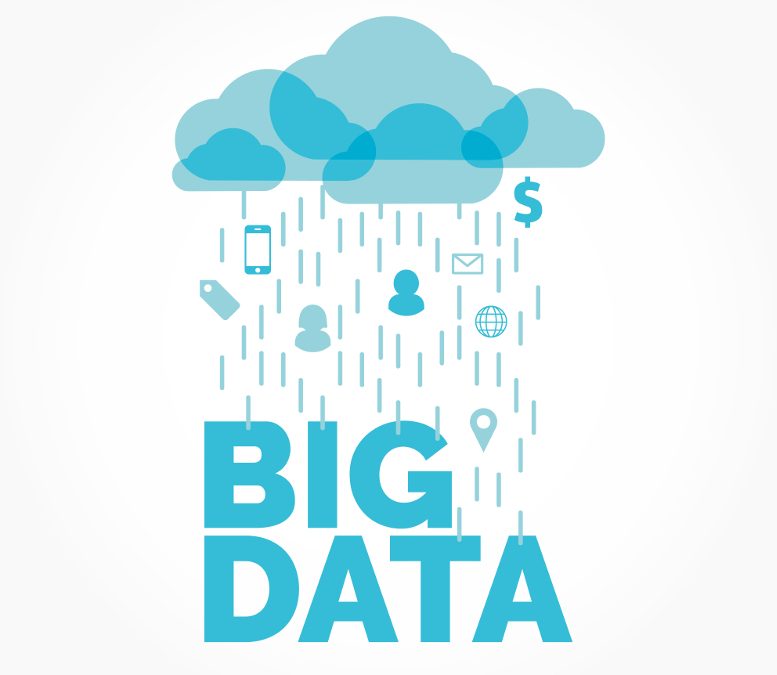Since B2B trade has moved to the Internet space, enterprises possess increasingly bigger data volumes. Although it has a different meaning for IT experts and different for procurement organizations. Are we witnesses of revolutionary changes or rather natural procurement role development into a strategic business partner?
Big Data in procurement. Revolution or evolution?

Watch our first animation
9 November 2017
7 things you need to know to implement a procurement system
23 November 2017After reading this article you will know:
- What is Big Data in company purchasing
- Where procurement experts get information from
- What challenges and benefits big data brings
It seems that so trendy phrase as Big Data should be properly understood. Meanwhile, we should take into account its different meaning depending on an industry. In case of procurement we should pay attention to volume, variety, velocity as well as variability, but most importantly value.
For B2B purchasing variety will be most essential, meaning the variety of information sources. Equally important would be value as properly conducted data analysis simplifies making appropriate business decisions.
Let’s think where procurement, logistics specialists, management get information from on procurement processes in their organizations.
Generally we can divide the sources for:
- internal (gathered by, for example, procurement platform, ERP system)
- external (meaning external services, such as supplier data from information agencies).
It wouldn’t be a full list as there are much more Big Data sources– both internal and external. In company purchasing and supply chain relevant information is provided by terms and conditions in agreements, warranty information, obligations, process and transaction data (for example, orders, acceptance time, invoices) etc. Moreover, more and more often other places such as social media are pointed as a source of information on counterparts.
This short and cursory review already proves that cooperation of procurement and IT teams is essential. Bigger data variety means bigger volumes, which need to be analyzed by proper technology. It means that we need to employ new analysts or restructure human resources. But most important question is: how to take advantage of processed Big Data in procurement?
Connecting various data creates the knowledge which changes attitude to business. Here are the main benefits of Big Data for procurement organizations:
- more detailed spend analysis
- fostering current procurement processes (for example, quicker processing of increasing number of RFx)
- easier purchasing forecasting
- easier implementing and measuring of savings
- automatic supplier evaluation
- TCO optimizing (on all cost levels).
As presented using Big Data in procurement, although it’s quite revolutionary, is a next stage in a procurement organization maturity to generate added value and increase its competitive advantage.

